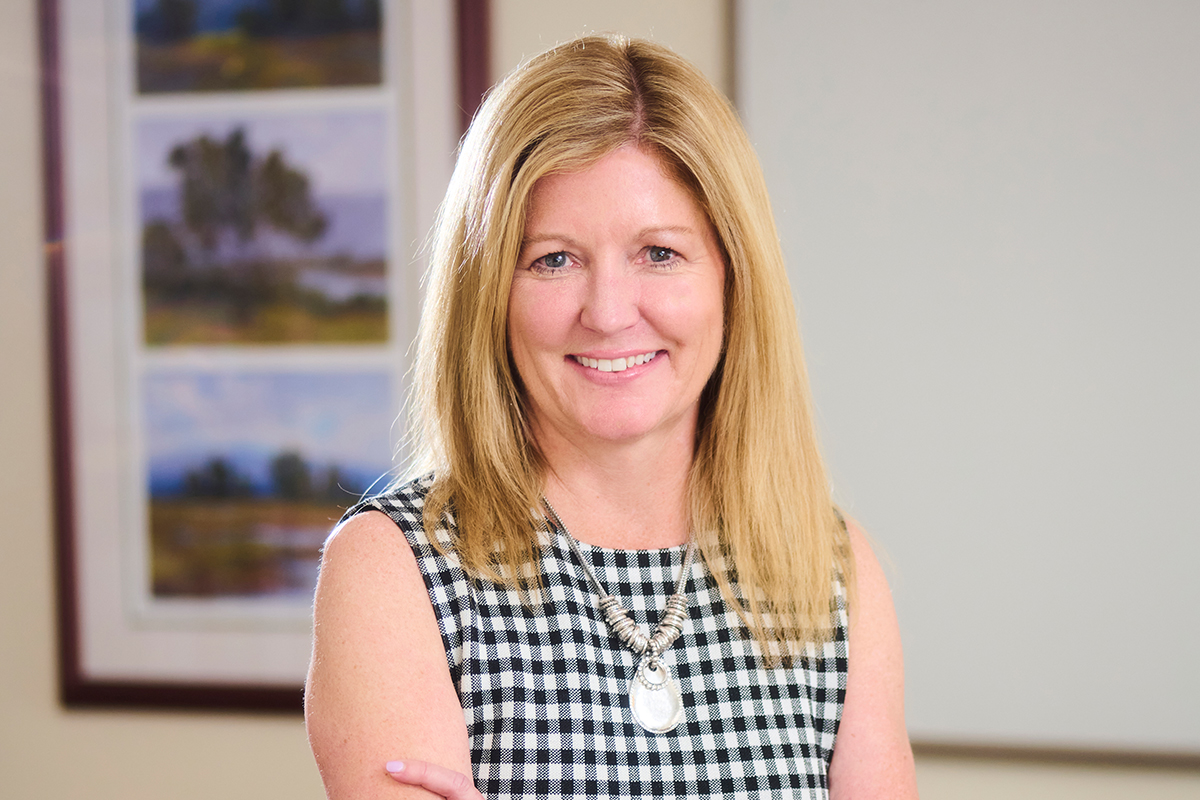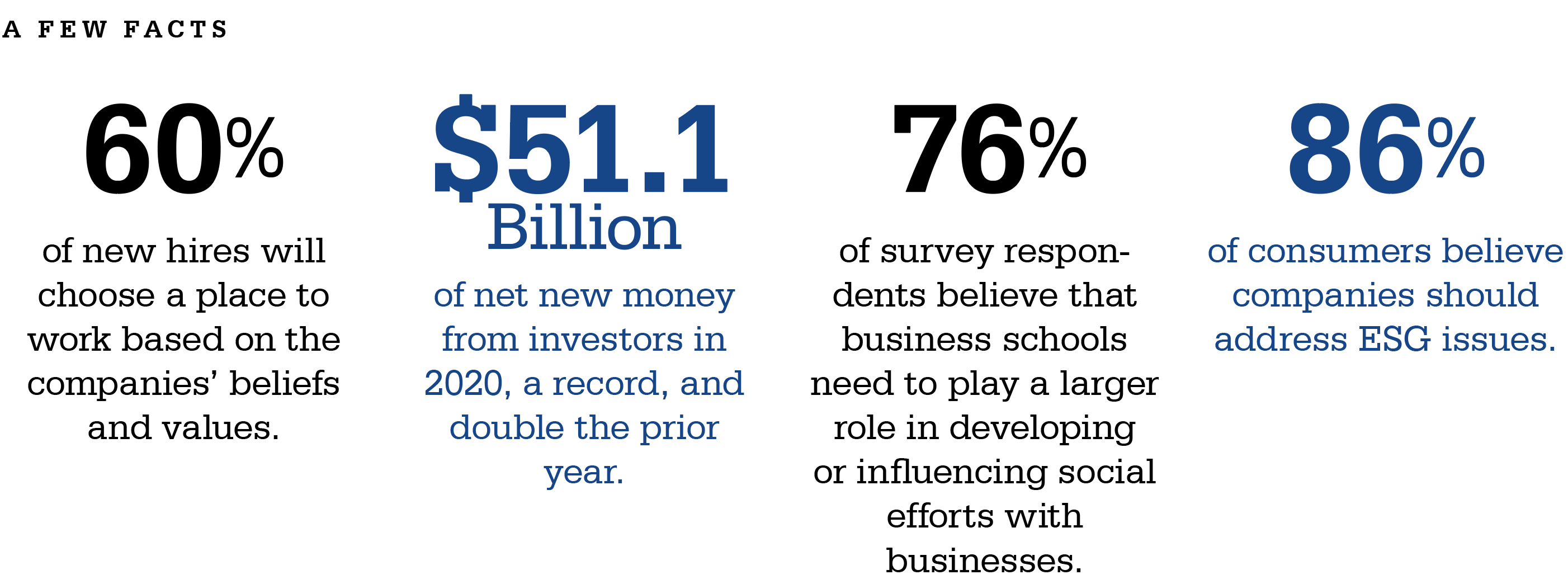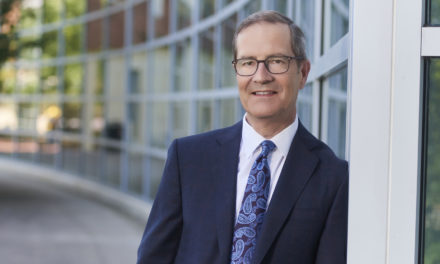
ESG, which stands for environment, social and governance, is not just our legacy, it is our future. It is the new social contract and the new social currency, and no longer a “nice to have.” ESG is a business and a social imperative.
There is a tectonic shift occurring, as every minute of every day, something is written, communicated, or demonstrated about the accelerating importance of ESG. This is true in board meetings, corporate staff meetings, headline news, walks with friends and family, and yes, even in the classroom.
I would assert that higher education can play a bigger and more catalyzing role here. Look at the impact and reach higher education has on our next generation of leaders. Then consider the immense trust and confidence the world has in our institutions and leaders to prepare the next generation of talent.
The Penn State Smeal College of Business, under the leadership of Dean Whiteman and strong advocacy from its Board of Visitors, will continue to play a leadership role. We can be the role model for what great business and ESG education looks like for our children.
But this is hard work, and it will require a significant reset in thinking and approach. Here’s what I’ve discovered over my 35+ year career working with large corporations, entrepreneurs, students, faculty, and government:
- Our moral compass must be the new North Star. Businesses, governments, and higher education institutions can no longer ignore the role they play in leaving the world in a better place. Each one of us plays a key role, and we must work together.
- We need curriculum that teaches bold, courageous, innovative, and human-based leadership behaviors. This requires the teaching and application of new leadership skills — human- and customer-centric approaches, inclusion, empathy, authenticity, risk taking, and longer-term thinking.
- We need to drive an outcomes vs. activity mindset and approach. Business schools should play an active role in defining the profitable path to ESG.
- We must enable a system-wide way of thinking and approach. For example, engineering needs to work with marketing and finance to deliver and track their latest environmentally friendly product. Supply chain needs to work with IT and public policy professionals to track and report on sustainable sourcing goals.
- We need to teach the practical application of ESG and teach our future leaders how to build it in every decision and investment they make.
And all this needs to be done while we continue to deliver winning, innovative, and profitable products and services.
I stand convinced that Penn State Smeal can have the same impact as the Harvard Business School in leading and practical learning, culture, and application of ESG. We have all the right ingredients.
Karen Quintos is a 1985 graduate of Penn State Smeal with a degree in supply chain management. Formerly the executive vice president and chief customer officer for Dell Technologies, she serves as the vice chair of the Smeal Board of Visitors. Karen and her husband, Tony, live in Austin, Texas.
Insights referenced in this column were gleaned from the following sources: Edelman Trust Index, 2022; Quote Morningstar; 2018 Gartner Optimizing Communications for Changing Stakeholder Expectations survey, 2018; PRME United Nations.





